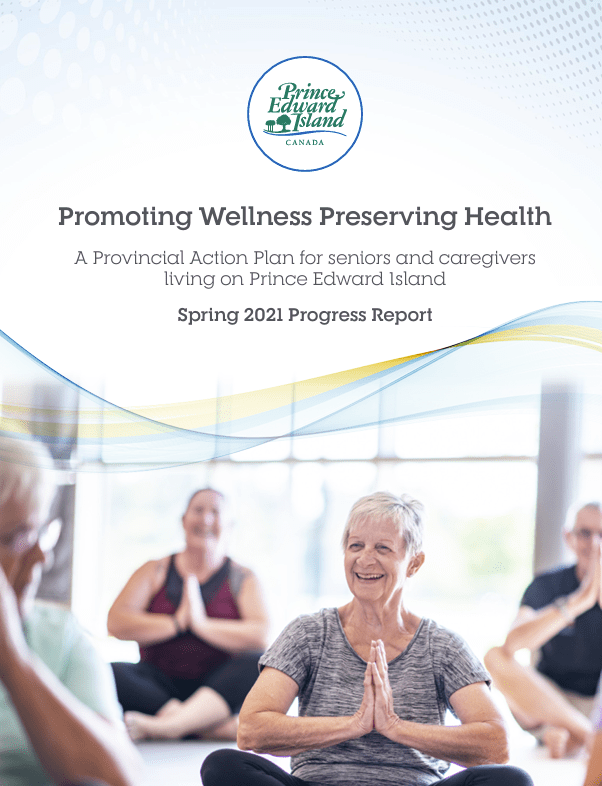An educational intervention to improve knowledge about the human rights of older adults
Development, implementation, and evaluation of a bilingual rights-based data repository.
We are creating a bilingual Older Person’s Human Rights Indicator Framework (OPRIF) web-based data repository dedicated to advancing and protecting the rights of older adults. Guided by the United Nations Principles for Older Persons, we aim to empower communities with data to recognize, monitor, and advocate for the dignity and wellbeing of older individuals.


